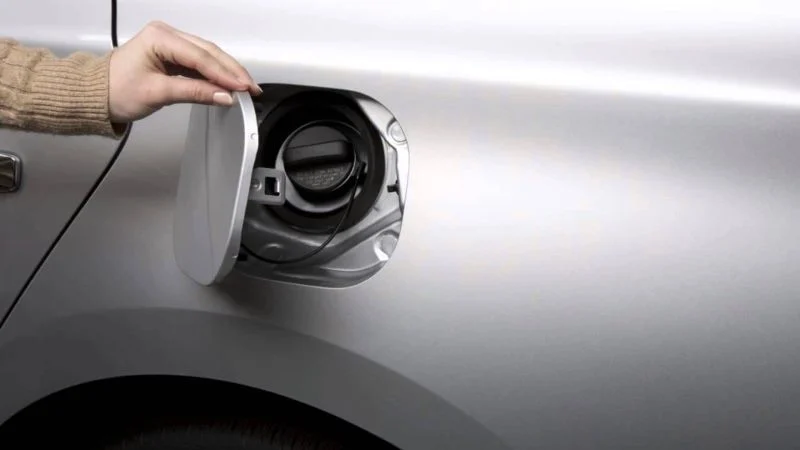If you’ve ever wondered why your gas tank seems to make peculiar noises, akin to flatulence, you’re not alone. This phenomenon can leave many vehicle owners baffled and searching for answers. In this article, we’ll explore the mysterious sounds that emanate from your gas tank, their possible causes, and what you can do about it.
Understanding the Gas Tank Farting Phenomenon
Your vehicle’s gas tank may produce unusual noises at times, which can be best described as “farting” sounds. These sounds can be surprising, but they usually have logical explanations. Let’s delve into the key factors contributing to this peculiar occurrence.
1. Fuel Vaporization and Pressure Fluctuations
When your vehicle’s engine runs, it consumes fuel, and as this happens, the gasoline in the tank diminishes. In the process, fuel vaporization occurs. This vaporization can create pressure fluctuations inside the gas tank. When this pressure changes rapidly, it can lead to the emission of unexpected sounds.

2. Rapid Temperature Changes
Temperature variations can also be responsible for the strange sounds coming from your gas tank. As the external temperature fluctuates, so does the temperature inside the gas tank. This temperature change can lead to the expansion and contraction of the tank, causing the “farting” noises.
3. Air Bubbles in the Fuel System
Air bubbles trapped in your vehicle’s fuel system can contribute to the audible quirks you hear from the gas tank. These bubbles can form as a result of a variety of factors, including a loose gas cap or issues with the fuel pump. The movement of these air bubbles through the system can create sounds that are easily mistaken for gas tank flatulence.
4. Evaporative Emissions System (EVAP) Components
Modern vehicles are equipped with an Evaporative Emissions System (EVAP) designed to capture and contain fuel vapors. This system includes various components like charcoal canisters and valves. Sometimes, these components can cause the gas tank to make noises, particularly when they are malfunctioning or clogged.
5. Suspension and Undercarriage Components
Surprisingly, the “farting” sounds may not always originate directly from the gas tank. Issues with suspension and undercarriage components can also lead to noise that seems to be coming from the gas tank area. Loose or worn-out parts can cause vibrations and noises that resonate through the vehicle.

Is it normal for my gas tank to make farting sounds?
Yes, it can be normal for your gas tank to make these sounds. Factors like fuel vaporization, temperature changes, and air bubbles in the fuel system can contribute to these noises, and they are usually not a cause for concern.
Should I be worried if my gas tank makes loud or constant noises?
If the sounds coming from your gas tank are exceptionally loud or continuous, it may indicate an issue with your vehicle’s fuel system or other components. In such cases, it’s a good idea to have your vehicle inspected by a mechanic to rule out any problems.
Can I prevent my gas tank from making these noises?
Preventing these noises entirely may be difficult, as they are often a natural result of the functioning of your vehicle’s fuel system. However, maintaining your vehicle and its fuel system can help minimize the occurrence of these sounds.
Is there a risk of a gas tank explosion due to these noises?
No, there is minimal risk of a gas tank explosion related to the noises it makes. Modern vehicles are equipped with safety measures to prevent such incidents. If you suspect an issue with your gas tank, have it inspected by a professional to ensure safety.
Can I ignore the sounds coming from my gas tank?
While occasional gas tank noises are usually nothing to worry about, it’s essential to stay vigilant. Unusual or persistent sounds could be an early indication of a problem. Ignoring them may lead to more significant issues in the long run.
In Conclusion
The next time you hear your gas tank “fart,” rest assured that it’s not necessarily a cause for concern. The noises are often a byproduct of your vehicle’s normal operation, including fuel vaporization, temperature fluctuations, air bubbles, or the performance of EVAP components. However, it’s essential to pay attention to any unusual or persistent sounds, as they could signal underlying issues with your vehicle. Regular maintenance and inspections can help keep your vehicle running smoothly and minimize these curious gas tank sounds. So, keep your ears open, but don’t be too alarmed by the occasional gas tank “fart.”

